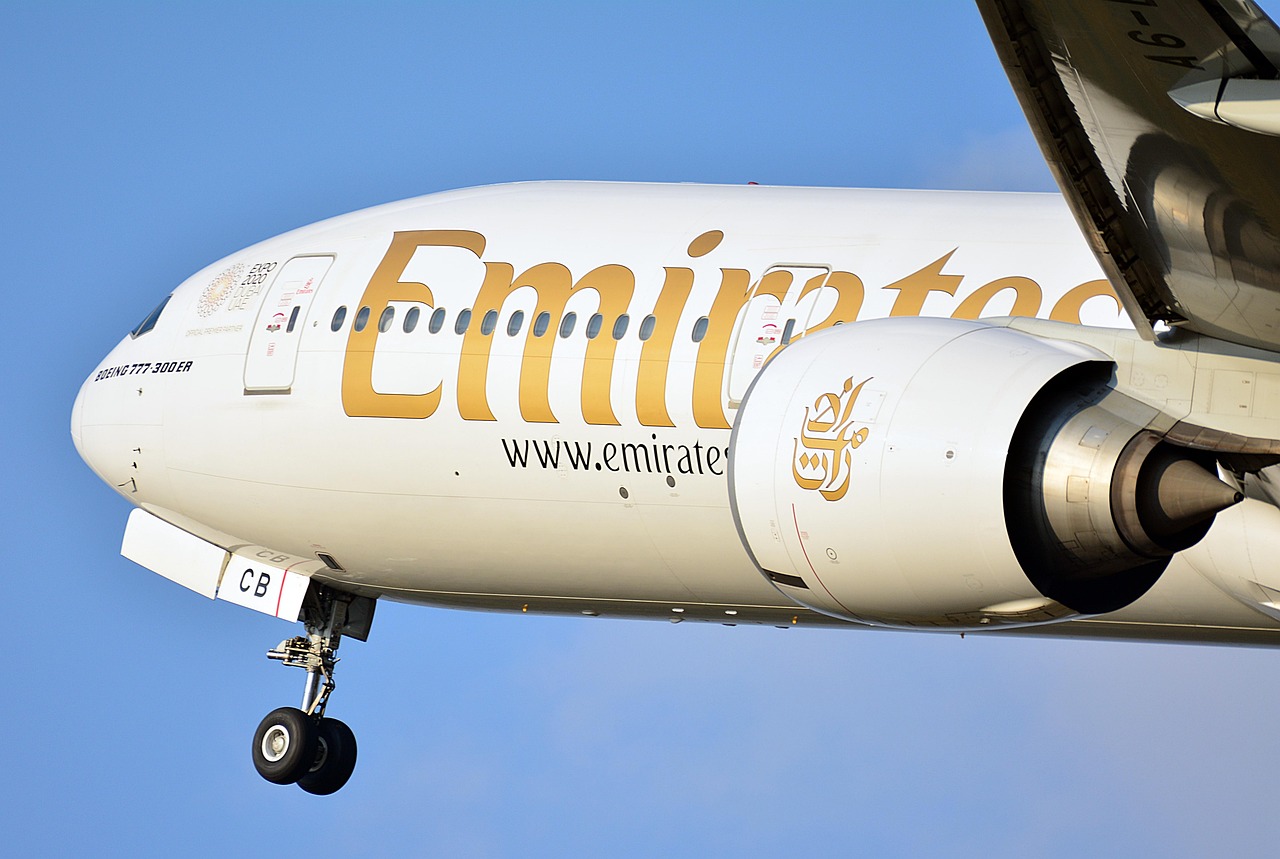
Boeing’s Recovery Under CEO Ortberg
Boeing is showing signs of recovery under the leadership of CEO Kelly Ortberg, who took over a year ago. After a tumultuous period marked by crises, Ortberg’s strategic initiatives appear to be stabilizing the aerospace giant. Wall Street analysts project that Boeing will significantly reduce its second-quarter losses compared to the previous year, reflecting a positive shift in the company’s financial trajectory. As of mid-2025, Boeing’s stock has surged over 30%, a clear indicator of investor confidence in Ortberg’s turnaround efforts.
Financial Performance Expectations
Analysts anticipate that Boeing will halve its losses in the upcoming quarterly earnings report compared to the same period last year. This expectation is supported by Ortberg’s assertion that the company aims to generate cash in the latter half of 2025. A significant milestone was reached when aircraft deliveries recently hit their highest level in 18 months, signaling a rebound in production capabilities. The emphasis on financial recovery is crucial as Boeing seeks to post its first annual profit since 2018, with projections indicating a possible return to profitability next year.

Challenges in Aircraft Production
Despite the positive momentum, Ortberg faces substantial challenges, particularly in ramping up aircraft production. Currently, the Federal Aviation Administration (FAA) has capped Boeing’s production of the 737 Max at 38 units per month. To meet growing demand, Boeing needs FAA approval to increase production to 42 units, a target that has become a crucial focus for the company. Analysts suggest that discussions with the FAA regarding lifting this cap may begin soon, as maintaining high production rates is vital for Boeing’s financial health.
Cultural Shift at Boeing
A key component of Ortberg’s strategy involves changing the internal culture at Boeing, which has been criticized for years. Analysts, including Richard Aboulafia of AeroDynamic Advisory, note that there is a general consensus that the company is moving away from its history of internal strife and mismanagement. Ortberg’s commitment to engaging with employees and stakeholders has been highlighted as a significant factor in fostering this cultural change, with many noting that “he’s showing up” has become a mantra of positivity within the organization.
Defense Unit Under Pressure
Boeing’s defense unit continues to face challenges that Ortberg must address. The unit oversees critical programs such as the KC-46 tanker and Air Force One, both of which have been scrutinized for delays. Notably, President Donald Trump has expressed frustration with Boeing regarding the delays in delivering new jets for presidential use, leading to the consideration of alternative aircraft. Ortberg’s recent leadership changes within the defense unit aim to rectify these issues, but the road ahead remains complex, as past performance continues to impact customer confidence.
Quality Control Issues
Boeing has also struggled with quality control, which has further complicated its recovery efforts. Incidents involving missing bolts on delivered aircraft have raised concerns and drawn additional scrutiny from the FAA. These quality issues have contributed to production slowdowns and could hinder Boeing’s ability to deliver on time, adversely affecting relationships with major airline customers. As of 2025, airline executives have reported improvements in quality, yet the need for consistent delivery remains a critical concern for the company.
Need for New Aircraft Development
Looking forward, industry experts believe that Boeing must begin developing new aircraft models to stay competitive. The 737, which has been Boeing’s best-selling model since its debut in 1967, faces competition from newer aircraft designs. Analysts are advocating for a renewed focus on innovation and development, suggesting that the time for a new midsize jetliner has come. Ortberg’s leadership will be pivotal in advancing these discussions, as the company must adapt to evolving market demands.
Investor Sentiment and Future Outlook
Investor sentiment towards Boeing has improved significantly since Ortberg’s appointment. The expectation of reduced losses and increased production capacity has fostered optimism among shareholders. Analysts predict that if Ortberg continues to implement effective strategies and address ongoing challenges, Boeing could emerge stronger and more profitable. The next few quarters will be critical in determining whether Boeing can maintain this positive trajectory and regain its position as a leader in the aerospace industry.